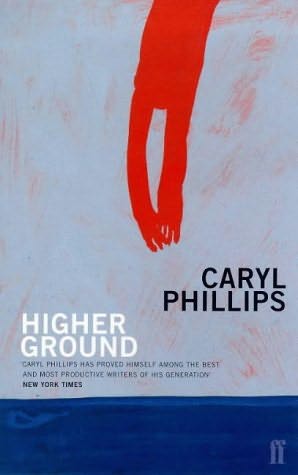


Its two key African American figures, David George and Thomas Peters, are presented as “hagiographical” characters who recall the political trajectories of Martin Luther King, Jr, and Malcolm X – hallowed and revered personages in African American history who iconically encapsulate two distinct kinds of dissidence in which the proper name of each functions almost as a sacred signature. Rather than offer an accurate vision of the eighteenth century on stage, Phillips uses the historical occasion of the play to address twentieth-century concerns and happenings related to African American charismatic political leadership. It considers next the confluences between Schama's book and Phillips's adaptation, and explores the significant changes and transformations which distinguish the play of Rough Crossings. The essay begins by noting the initial and instructive significance of Africa America for Phillips's diasporic engagements with Britain, and its emergence as a central concern in his circumatlantic envisioning of modern diasporic life. It explores how Phillips's rewriting of Schama's history of transatlantic slavery, Abolition, the War of Independence, and the fortunes of the Sierra Leone settlement in the eighteenth century functions as a dramatic critical envisioning of African American politics and leadership in the twentieth century. This essay is an exploration of the British-raised writer Caryl Phillips's dramatic adaptation of Simon Schama's book Rough Crossings (2005), which was first performed in the UK as part of the 2007 bicentennial commemoration of the end of slavery in the British Empire.


 0 kommentar(er)
0 kommentar(er)
